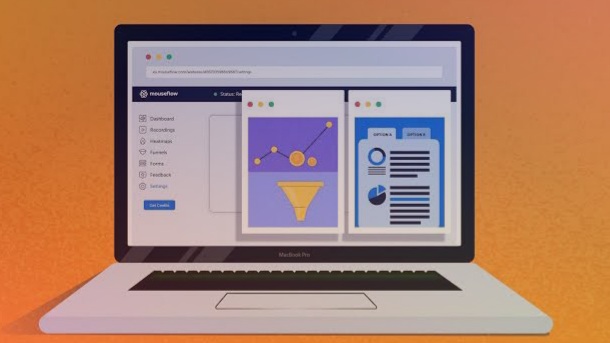Analytics & Data-Driven Marketing: An In-Depth Guide

Introduction to Analytics & Data-Driven Marketing Benefits of Data-Driven Marketing Collecting and Managing Data Essential Tools for Data-Driven Marketing Developing Data-Driven Marketing Strategies Measuring and Analyzing Marketing Performance Introduction to Analytics & Data-Driven Marketing Analytics and data-driven marketing involve using data analysis to inform marketing decisions and strategies. By leveraging data, businesses can better understand customer behavior, preferences, and trends, allowing for more targeted and effective marketing campaigns. This approach goes beyond traditional marketing by emphasizing measurable results and continuous optimization based on data insights. In today's digital landscape, data is generated from numerous sources, including social media, websites, email campaigns, and customer interactions. By collecting, ...



